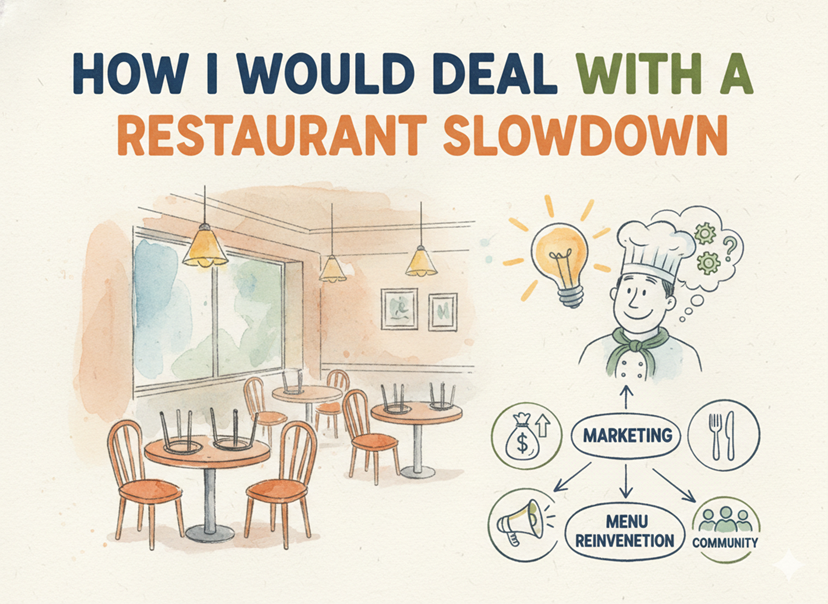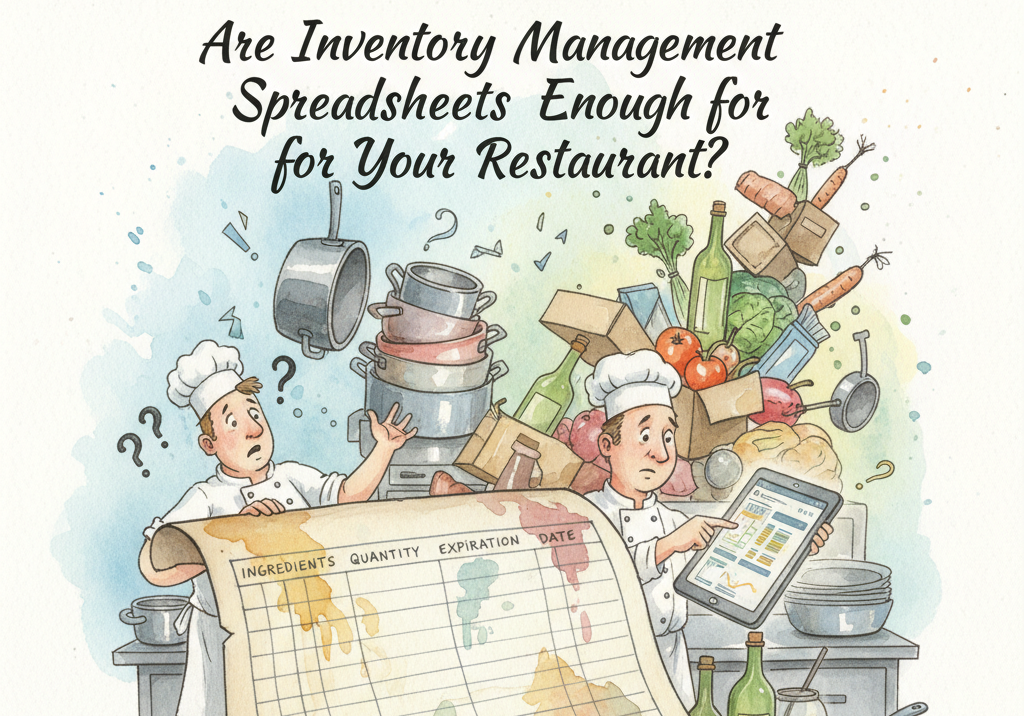Your recipes are at the heart of your business. They set you apart from competitors and keep your customers coming back. But how do you ensure your recipes remain a secret? Protecting them as trade secrets is one effective way.
In Malaysia, trade secrets are protected under the common law principle of confidentiality. A trade secret includes any confidential information that gives your business an advantage. Recipes can qualify if they are kept confidential and provide economic value. To protect your recipes as trade secrets
- Limit access: Share your recipes only with trusted staff who need to know them. Use non-disclosure agreements (NDAs) to legally bind them to confidentiality.
- Label them as confidential: Mark your recipe documents as “Confidential” to emphasize their importance.
- Secure storage: Store recipes in locked physical locations or encrypted digital files.
How Do Restaurants Keep Their Recipes?
Successful restaurants worldwide take steps to safeguard their recipes. Here’s how you can follow their lead:
- Use NDAs and contracts: Have employees sign NDAs before accessing recipes. This legal document prohibits them from sharing your recipes.
- Divide responsibilities: Limit employee access to only parts of the recipe process. For instance, one chef prepares the base, and another adds the finishing touches.
- Train your staff: Teach employees the value of keeping recipes confidential. Build a culture of trust and responsibility.
- Monitor recipe usage: Keep track of who accesses your recipes. Use surveillance or digital tracking for sensitive information.
Intellectual Property Trade Secret: What Does It Cover?
Your recipes might be intellectual property, but not all laws protect them. Patents protect inventions, while copyrights cover original works like art and music. Recipes often fall under trade secrets.
Under Malaysian law, trade secrets are not formally registered. Instead, they rely on confidentiality agreements and secure handling. For example, if an ex-employee reveals your recipe to a competitor, you can take legal action for breach of confidence.
What Are Malaysia’s Laws for Protecting Recipes?
Common law protection
In Malaysia, common law recognizes the protection of confidential information. This means that if someone shares or uses your recipes without your permission, and there is an obligation of secrecy, you have the right to sue them. For example, if an employee who signed a confidentiality agreement discloses your recipe to a competitor, you can file a legal claim for breach of confidence. This principle ensures that your intellectual property trade secret remains protected, even without formal registration.
Non-Disclosure Agreements (NDAs)
NDAs are one of the most effective tools to safeguard your recipes. These legally binding agreements explicitly state that individuals or parties who sign them are prohibited from disclosing or using your confidential recipes without authorization. NDAs are enforceable in Malaysian courts, providing you with a solid foundation to take legal action if someone violates the agreement. For instance, when hiring a new chef or partner, you can have them sign an NDA to ensure your trade secret process is not shared outside the business.
Employment contracts
Including confidentiality clauses in employment contracts is another way to protect your recipes. These clauses specify that employees are legally bound not to share, use, or replicate recipes outside the scope of their employment. Such contracts also often include provisions about intellectual property ownership, clarifying that any recipes developed during their employment belong to your business. For example, an agreement could state that an employee cannot work for a competitor or start their restaurant using your recipes for a specified period after leaving your employment.
Trade Descriptions Act 2011
This law safeguards businesses from false representation and ensures that your recipes cannot be falsely claimed by others. If a competitor misrepresents your recipe as their own, you can take legal action under this act. For example, suppose someone markets a dish using your signature recipe and labels it as their creation. In that case, the Trade Descriptions Act allows you to seek remedies, including financial compensation or an injunction to stop them.
Why Is Protecting Recipes Important?
Statistics show that restaurant theft, including recipe theft, is a growing concern. In a 2023 study by the Malaysian Employers Federation, 30% of food businesses reported intellectual property breaches. Recipe theft can lead to financial losses and damage to your reputation.
By protecting your recipes, you safeguard your brand identity and maintain customer trust. Consider this: if your secret sauce recipe ends up in the hands of a competitor, your uniqueness disappears.
Trade Secret Process for Restaurants
- Identify your trade secrets: Begin by identifying which recipes are critical to your business. Not every recipe needs protection, but those that are unique and drive your success must be safeguarded. For instance, your signature sauce or dessert recipe should be classified as a trade secret.
- Develop a protection plan: Create a comprehensive strategy to secure your recipes. Restrict access to sensitive recipes by limiting them to only essential personnel. Incorporate legal tools such as NDAs and employment agreements to establish clear confidentiality obligations. For example, ensure new hires sign NDAs before accessing key recipes.
- Review contracts regularly: Over time, business needs and legal standards may evolve. Periodically review your NDAs and employment contracts to ensure they remain current and enforceable under Malaysian law. This proactive approach prevents potential loopholes that could compromise recipe confidentiality.
- Educate employees: Employees play a pivotal role in safeguarding recipes. Conduct training sessions to emphasize the importance of confidentiality and explain the potential consequences of breaches. A well-informed team is more likely to respect and uphold your trade secret process.
- Audit and monitor: Regularly audit your processes to identify vulnerabilities. Use digital tools to track recipe access and monitor adherence to NDAs. For instance, keep records of who accesses encrypted files or ensure storage areas are securely locked. Such measures help detect and prevent unauthorized access.
Tips to Strengthen Recipe Protection
- Use technology: Invest in digital tools that track recipe access. For example, password-protected files with usage logs.
- Consult legal experts: Work with lawyers to draft strong NDAs and contracts.
- Insure your business: Some insurance policies cover intellectual property theft. Explore options to minimize risks.
Your recipes are more than ingredients—they are your business’s soul. By treating them as trade secrets, you can secure your competitive edge. Malaysia’s laws provide a solid foundation, but the real protection lies in your efforts.
Take action today. Implement NDAs, train your staff, and secure your recipes. Remember, a well-protected recipe is a key to long-term success. Don’t let anyone take that away from you.




